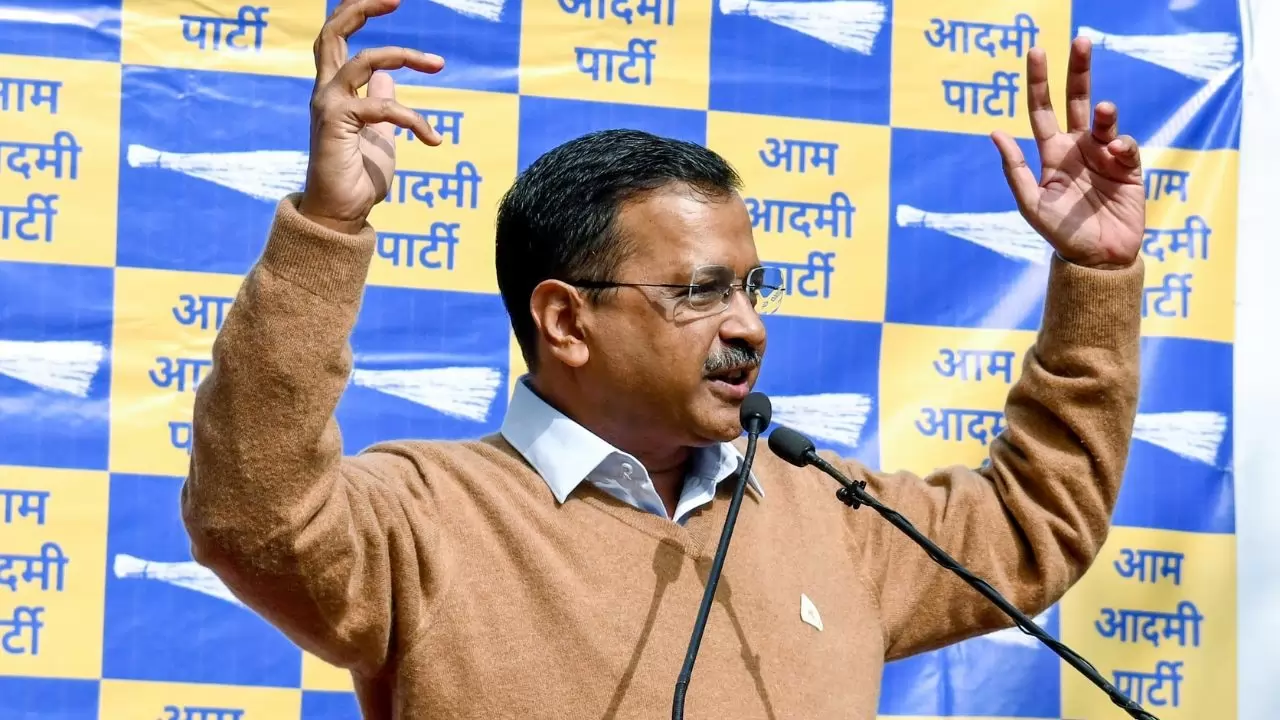
ANI
The capital overwhelmingly supports the Aam Aadmi Party (AAP) in Assembly elections, yet gives all its Lok Sabha seats to the BJP.
The AAP made its debut in 2013, winning 28 of 70 Delhi Assembly seats. It went on to form short-lived governments in alliance with Congress, before sweeping to power with 67 seats in 2015 and 62 in 2020.
Yet the BJP took all 7 of Delhi's Lok Sabha seats in 2014 and 2019. Despite an AAP-Congress alliance, India Today's January Mood of the Nation survey shows the BJP garnering 57% of Delhi's vote share.
Analysts highlight the Muslim vote as a key factor swinging Delhi's State elections towards AAP, while national issues and Modi's popularity consolidate support behind the BJP in Lok Sabha polls.
In Assembly polls, Muslim voters tend to back AAP, while in Lok Sabha elections they favour Congress. Consequently, seats like Chandni Chowk and East Delhi with large minority populations could become Congress-AAP battlegrounds.
However, this minority influence diminishes in Lok Sabha polls where constituencies are larger. Meanwhile, Modi's leadership pulls in votes across communities for the BJP.
Delhi also still sees AAP as a regional force despite its national ambitions. So multiple factors skew the capital's state and national election preferences between AAP and BJP.
The Mood of the Nation survey predicts this trend would continue if Lok Sabha polls were held in January, with the BJP sweeping Delhi despite AAP's state dominance.





Copyright © 2026 Top Indian News
